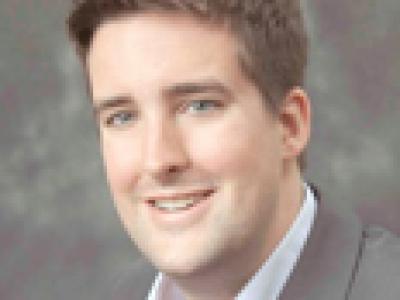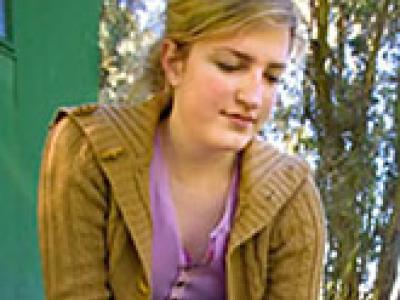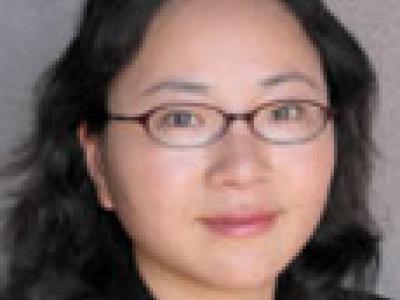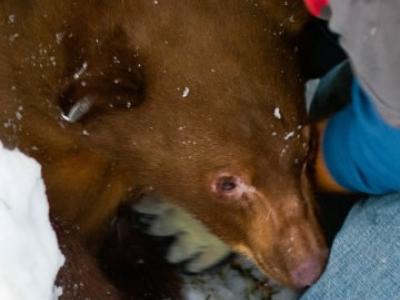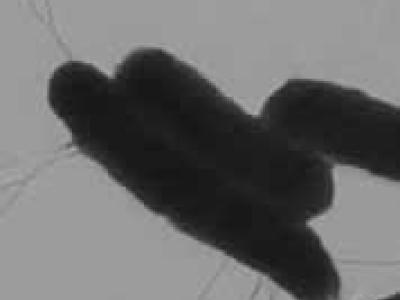In online dating, blacks more open to romancing whites than vice versa
Has Valentine’s Day become post-racial? Not yet, it seems. New research from UC Berkeley suggests that when it comes to dating, cyberspace is as segregated as the real world. Data gathered from more than 1 million profiles of singles looking for love online show that whites overwhelmingly prefer to date members of their own race, while blacks, especially men, are far more likely to cross the race barrier in hopes of being struck by Cupid’s arrow.

